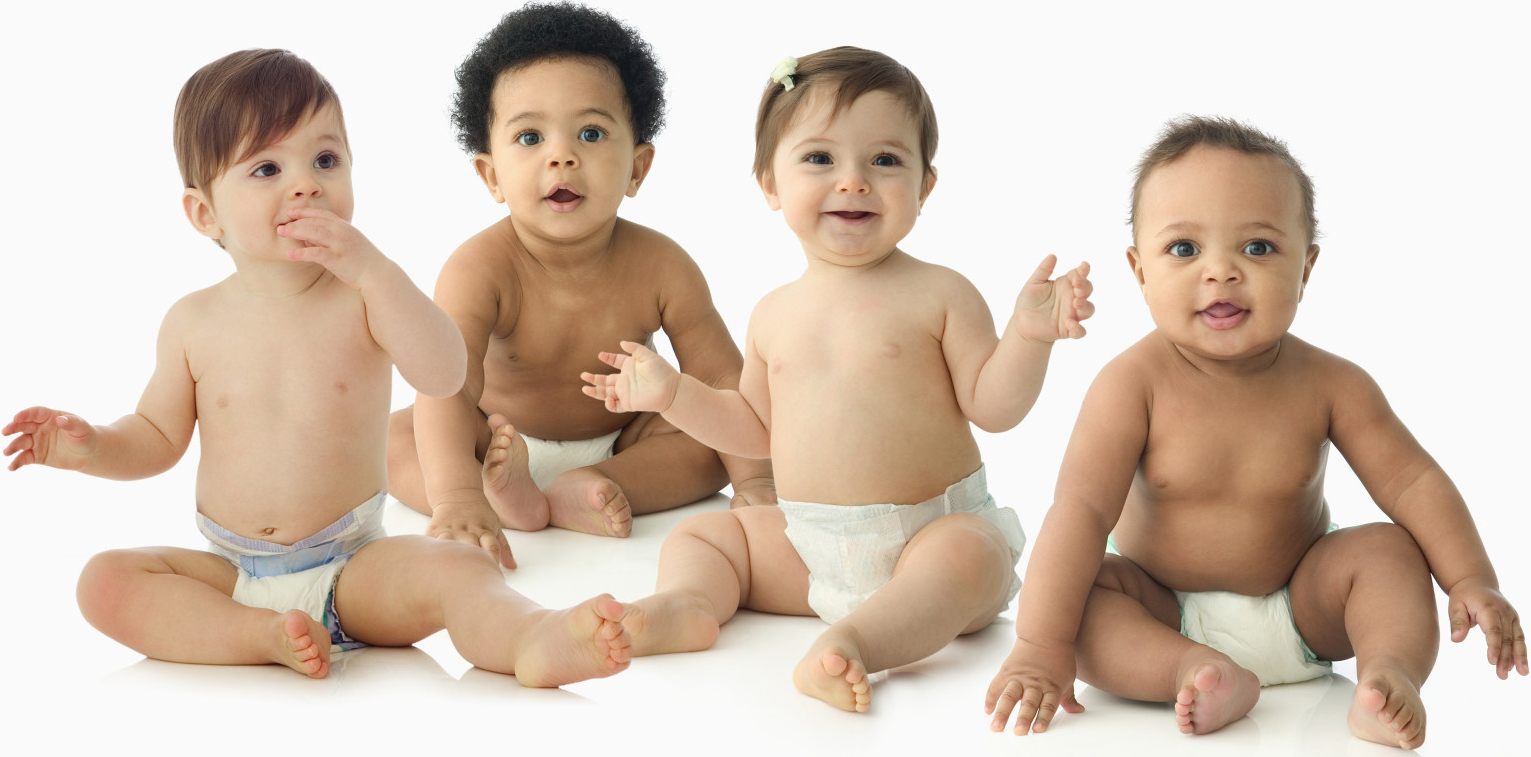Penna Dexter
US citizens are having fewer babies these days.
According to the National Center for Health Statistics, which is part of the US Centers for Disease Control and Prevention, the number of babies born last year in the US was down 2 percent from the previous year and has hit a 30-year low.
The US birth rate dropped to an all-time low in 2017: 60.2 births per 1000 women.
And the US fertility rate is the lowest it’s been since 1978. It was 2.1 children per woman in 1990. Now it’s 1.76, which means that women will have, on average, fewer than two children each — below replacement level.
Birth rates do tend to drop during periods of economic distress. But these levels exist in the midst of an economic boom.
The Wall Street Journal’s reporting revealed mild alarm, stating that “The figures suggest that a number of women who put off having babies after the 2007-2009 recession are forgoing them altogether.” Plus, millennials are increasingly choosing to delay or forgo parenting in an effort to establish their careers, pay off sometimes-massive student debt, and gain financial independence from their parents.
Without enough young people growing up and entering the labor force, certain economic problems crop up. And ourgiant baby boom generation is beginning what will be a massive move into retirement, leaving a smaller share of young workers to pay into Social Security and Medicare.
And think about it from a family standpoint. A generation is aging and will be in need of care with fewer family members to help.
Increasing the number of foreign-born workers can alleviate some of the labor force and Social Security concerns. But we should look at the current birth dearth as an opportunity for the church to increase its waning influence in our culture. To be fruitful and multiply is part of our stewardship. We should have more babies — and then teach our children well.
 Listen Online
Listen Online Watch Online
Watch Online Find a Station in Your Area
Find a Station in Your Area











 Listen Now
Listen Now Watch Online
Watch Online
